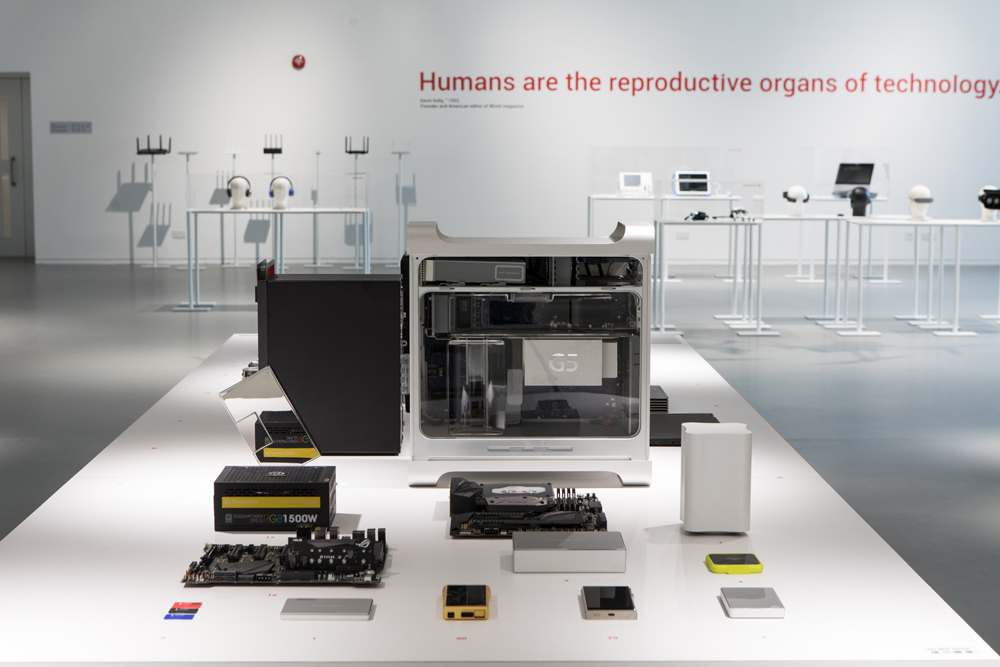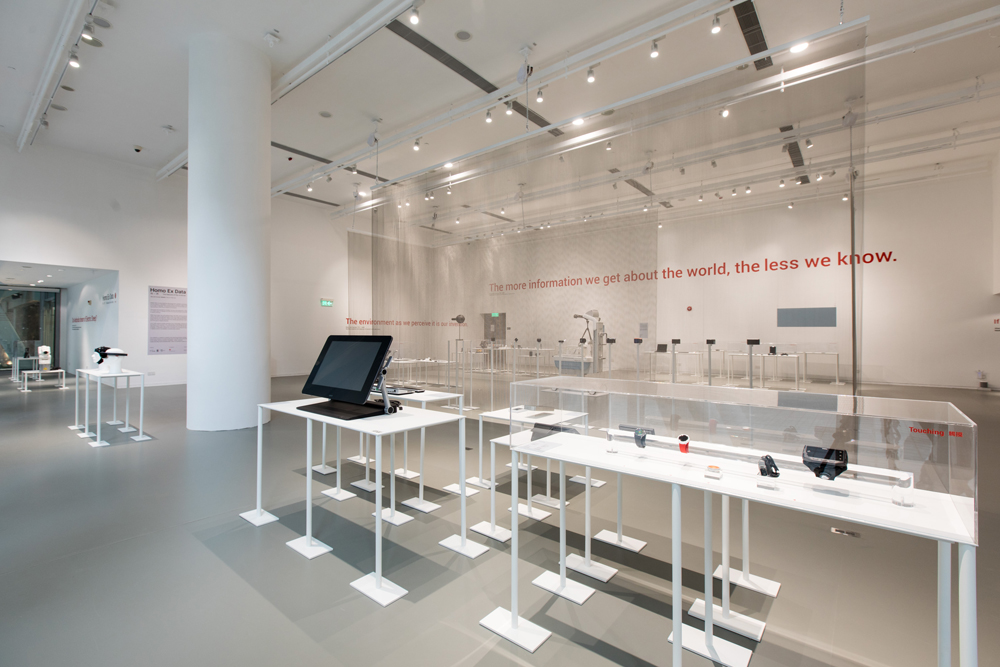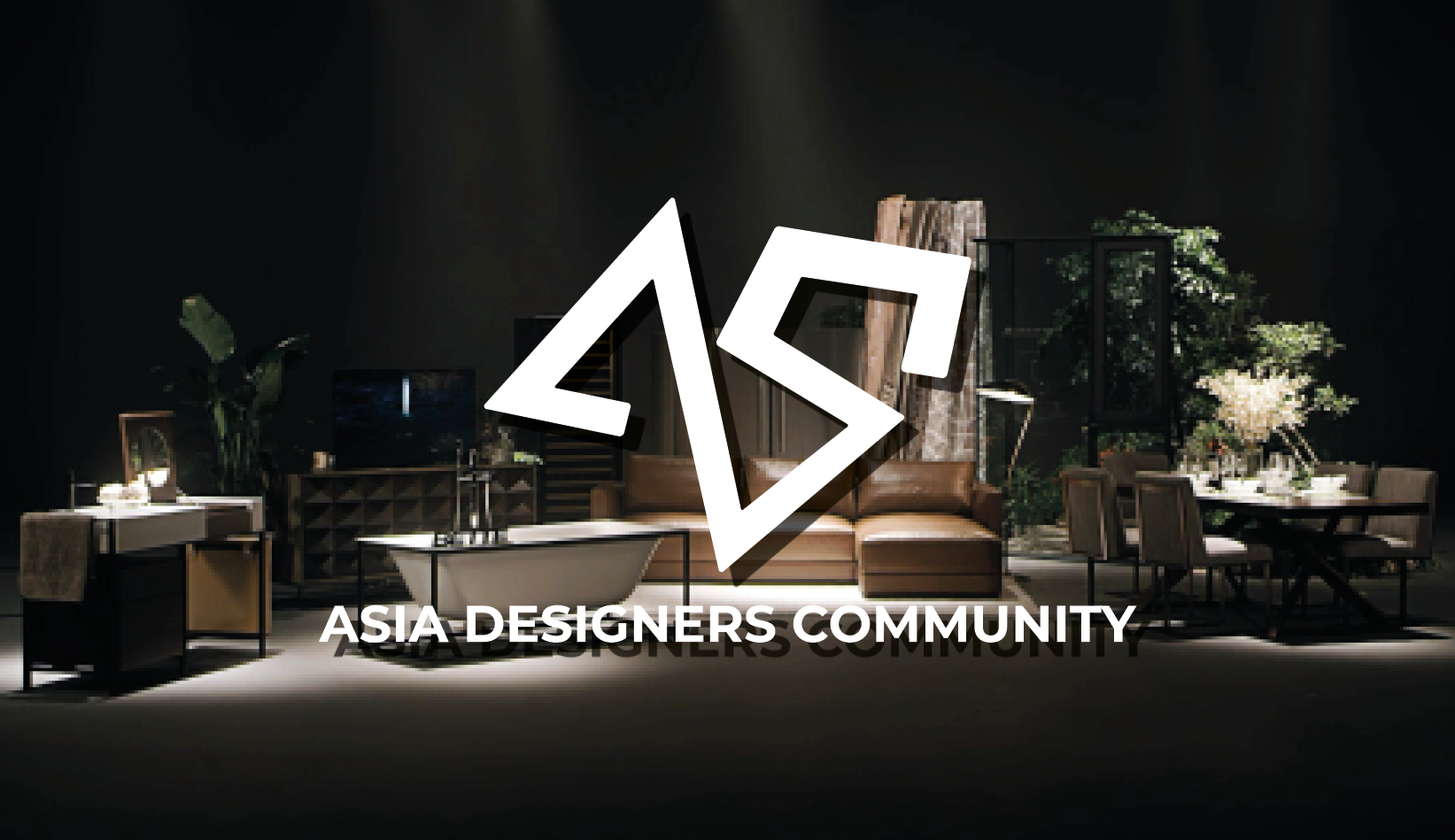Over the past 26 years, the Red Dot Design Award has become the international authority on good design. We speak to the man who made it happen, Professor Dr. Peter Zec, about the evolution of the industry and the impact that data and digitalisation have had on the human condition, all of which is laid out for you to experience through an exhibition at HKDI Gallery, Homo Ex Data – The Natural of the Artificial.
Since establishing Red Dot, what changes you have observed in the design industry as a result of digital technology?
Humans are subject to evolution. We know Homo sapiens manufactured things and tools. The next step is Homo faber who designs and produces tools and machines with the aim of constantly creating new products which increase the quality of life. While a shared biological tradition is the first human nature, technology is the second nature, which is used to form the way we live ourselves. In a world that is shaped by industrial series production and that is becoming increasingly complex, optimisation is the essential thing. This is achieved with machines which use people’s data. By bringing together human factors and digital technology not only do new products arise but also a new type of human: Homo ex Data, whose living circumstances are determined by the generation and transfer of data.
The Red Dot awarded products which are currently exhibited at HKDI Gallery show exactly the impact and challenges we face in the era of digitisation. Visitors can experience how the collection, processing and analysis of data has become a self-evident part of everyday life with the help of elaborately designed products. In recent years, I was able to track this development in the Red Dot Award. The analogue and the digital world mix together, human and machine mutually influence each other in various fields. Just think of smartphones: Today, they are much more than a telephone; they are little computers which fit our mobile lifestyle and which know the answer before you raise the question. Digital technology has become a natural part of our daily life and it has a formative influence on the products we use.

What are the greatest social/economic/environmental issues that designers must confront going forward?
Just as mankind evolves, so do the challenges which accompany humans. Most of the problems we face today are of our own doing. Just think of global warming and its consequences, like floods or droughts, extreme heat or cold. Besides environmental issues, we also have to deal with globalisation and its results, resource depletion, changed risks of health and demographic change, to name but a few. All these man-made phenomena call for new solutions which protect people, secure their source of life and limit the damage.
For you, what constitutes good design?
As it is often the case, the answer lies just underneath the surface. Good design is more than an aesthetic appearance, it is characterised by four qualities: function, seduction, use and responsibility. The most important thing about a product is that it works. Furthermore, a designer needs to ensure that the product is also convincing with regards to its usage. And it should seduce the consumer with its appearance and form. Last but not least, good design always aims to improve the quality of life. Depending on the respective product, these four qualities do not need to be fulfilled to the same extent; they rather need to form a balanced synthesis. For jewellery, for example, seduction plays the most important role, while function and use are the decisive factors for products like tools.

What impact does good design have on human existence?
Good design has a formative influence on our life – it is the answer to our problems and makes our lives better. And, it can even change our life and steer it in a new direction. The iPhone, for example, was a milestone in design. When it was released 10 years ago, Apple opened up a completely new market and set a new standard with a highly complex device that is easy to handle for people of all ages because of its self-explanatory quality. The iPhone embodies digitisation, globalisation and the mobile lifestyle like hardly any other device. It put the Internet in everybody’s pocket and changed the way of software distribution with apps becoming helpful tools in daily life. The iPhone changed our way of communicating, how we consume literature and music, and how we stay up to date. Back in 2007, the first iPhone laid the foundations for today’s mobile lifestyle.
Homo Ex Data – The Natural of the Artificial
10am-8pm (closed on Tuesday 21 Jan 2018), until 27 May 2018
Free Admission
HKDI Gallery, 3 King Ling Road, Tseung Kwan O, New Territories,
Tiu Keng Leng MTR Station Exit A2
The post Five minutes with Professor Dr. Peter Zec, founder of the Red Dot Design Award appeared first on Home Journal.






